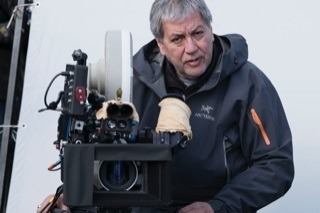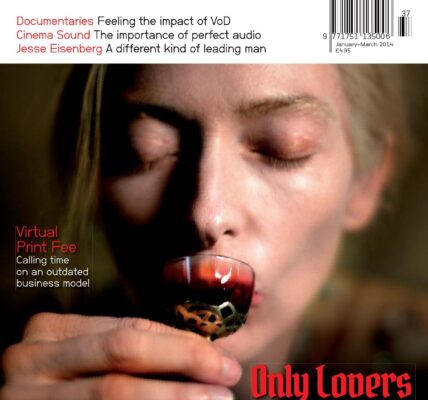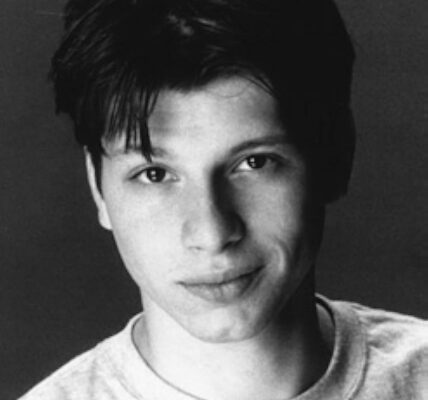Camera Operator – Rodrigo Gutierrez
Riding the Horse
With 25 years’ experience under his belt, camera operator Rodrigo Gutierrez’s latest role is as President of the new Association of Camera Operators. He tells us his hopes for the ACO, and why he thinks the digital and 3D revolution has increased the demand for skilled camera operators.
“I always wanted to be a camera operator,” says Rodrigo Gutierrez, who attended film school in the UK just as British DPs like Chris Menges and Roger Deakins were rising to prominence. “I like the relationship that the operator has with the cast and director, with the director of photography. So I always wanted to be part of that; I wanted to ride the horse.”
Starting off as an assistant on documentaries, before working through the ranks as clapperboarder and focus-puller, Gutierrez finally climbed into the camera operator’s saddle in 1984 on Peter Wollen’s Friendship’s Death. Shortly afterwards he got his big break when he was invited to fill in for another second unit camera operator on Sydney Pollack’s Out of Africa (1985). Gutierrez stayed on crew for five months, learning from everyone around him, and even briefly getting to operate in the main unit.
Now Gutierrez has over a quarter of a century’s experience operating cameras on films like Split Second (1992), The Van (1996), The League of Extraordinary Gentlemen (2003), Sahara (2005), Flood (2007) and Centurion (2010), and is keen, as inaugural president of the Association of Camera Operators (ACO), to pass on his knowledge to the next generation. “The art of operating,” he explains, “is something that has become very obscure, and people-producers, directors, cast-don’t really know what the role of a camera operator is. So the ACO was created at the beginning of the year to promote the art of camera operators, basically to educate the young DPs coming out of film school on the value of having a camera operator on a production, and what is that contribution that the camera operator brings into a project.
“The great misunderstanding in this country”, he continues, “with the younger generations of directors and producers, is that they think that if an operator is on the job, there is another layer to go through. Well, actually, the operator is there to bring all the layers together, because the operator is responsible to the DP, but also he’s responsible to the director-to tell the story the way the director wants, and to enhance that. So you liaise within all the departments, you are the person that is putting all the layers together and seeing all the layers put together when you are looking through the camera; you need to have that experience to, say, keep in your mind how the film is being cut, how the director is working with his images. If something is missing, you are the one that says, ‘Actually, hang on a second guys, we’ve got this missing, this wasn’t exact, that didn’t work’-instead of just pushing the camera around.”
…











